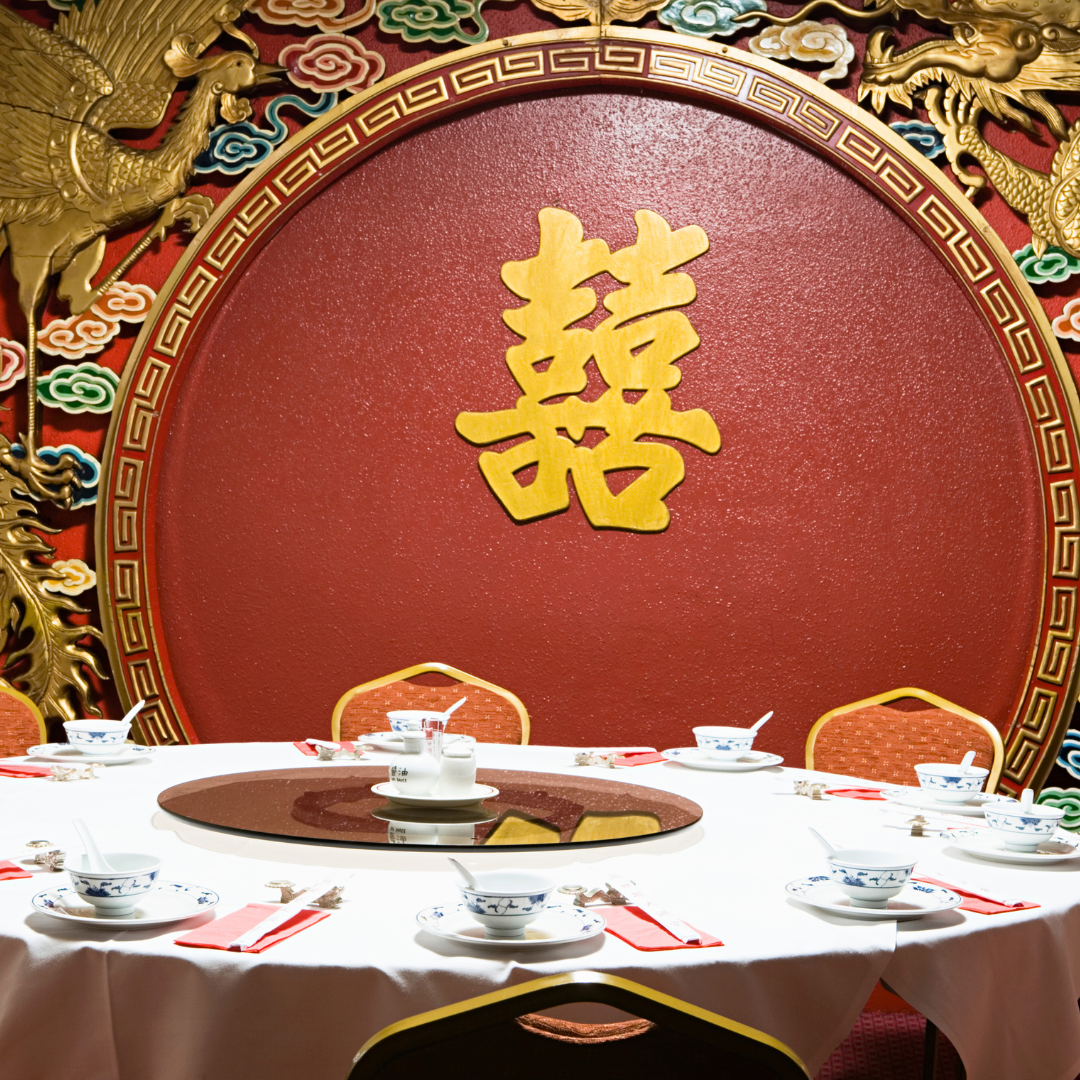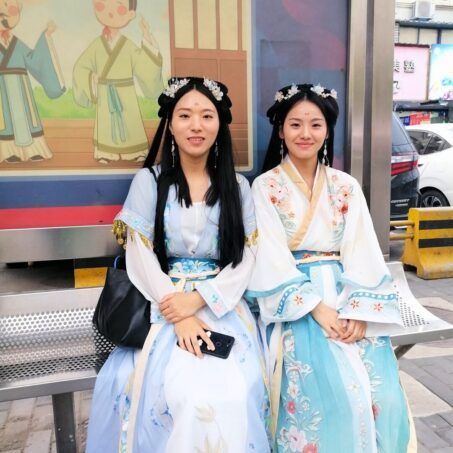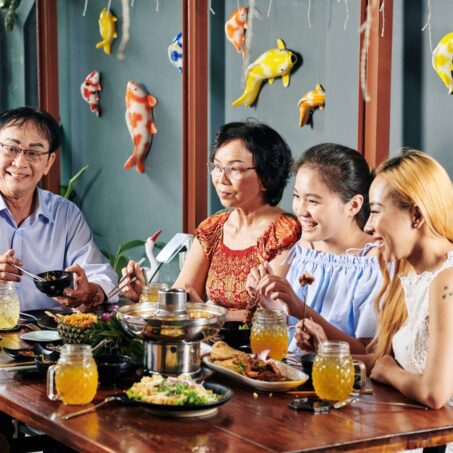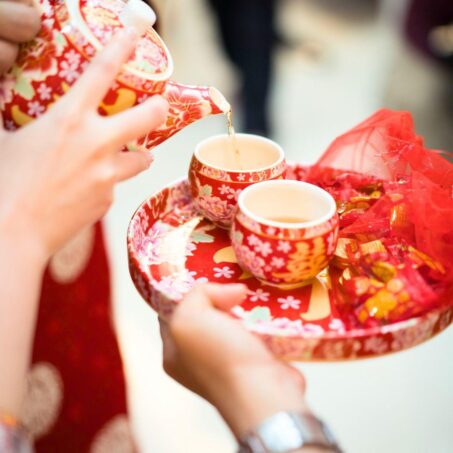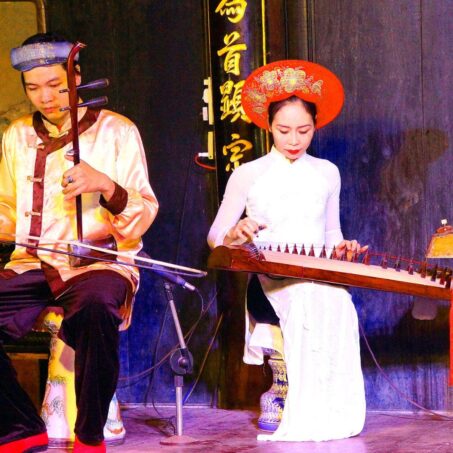Welcome to our blog takeover, where we invite you to explore the vibrant narratives and cultural insights shared by our community. Today, we’re excited to feature Lily, a talented writer from China, who offers a heartfelt reflection on the round table.
*******************************************************************************************************************************************
One of my most cherished childhood memories revolves around a simple yet profound symbol: the round table. Growing up, our family would gather around it during traditional festivals, coming together for heartfelt dinners. While the adults engaged in discussions beyond our understanding, us kids would scuttle around or play hide-and-seek under the table.
As I grew older, my aunt introduced her tall, shy boyfriend to the family, prompting my grandmother to joyfully add another seat to our round table. Though it felt a bit more crowded, we all felt closer to this new addition. However, life inevitably brought changes; when I was twelve, my grandpa passed away from cancer. Yet, even in his absence, his chair, bowl, and chopsticks remained, a poignant reminder that his spirit continued to be with us during every reunion.
In China, the round table holds immense significance beyond family gatherings. It serves as the focal point for resolving matters ranging from marriage proposals and mourning rituals to business negotiations and state banquets for visiting dignitaries. This got me thinking: what does the round table mean to us? Its true significance gradually unfolded before me.
Over time, the food on the table may change, and the faces around it may come and go, but the underlying sentiment remains constant—our tolerance, willingness to embrace different cultures, and profound love and respect for family, community, and beyond.
During significant times of the year, people across China travel home to reunite with their families around the round table. For instance:
- Chinese New Year (春节): Families come together to celebrate the Lunar New Year with a reunion dinner on New Year’s Eve, sharing traditional dishes and festive joy.
- Mid-Autumn Festival (中秋节): Families gather to appreciate the full moon and enjoy mooncakes, symbolising unity and togetherness.
- Ancestor Worship Ceremonies (祭祖仪式): During Qingming Festival (清明节) and other times, families honour their ancestors, often followed by a meal around the round table, reinforcing family bonds across generations.
These gatherings, spanning generations and social divides, have been a cornerstone of Chinese civilisation for millennia. They symbolise not just reunion but also the enduring spirit that unites us all.
Thank you for listening to my reflections on the round table—a symbol that was, is, and will always be an integral part of the Chinese experience.
Lily x

